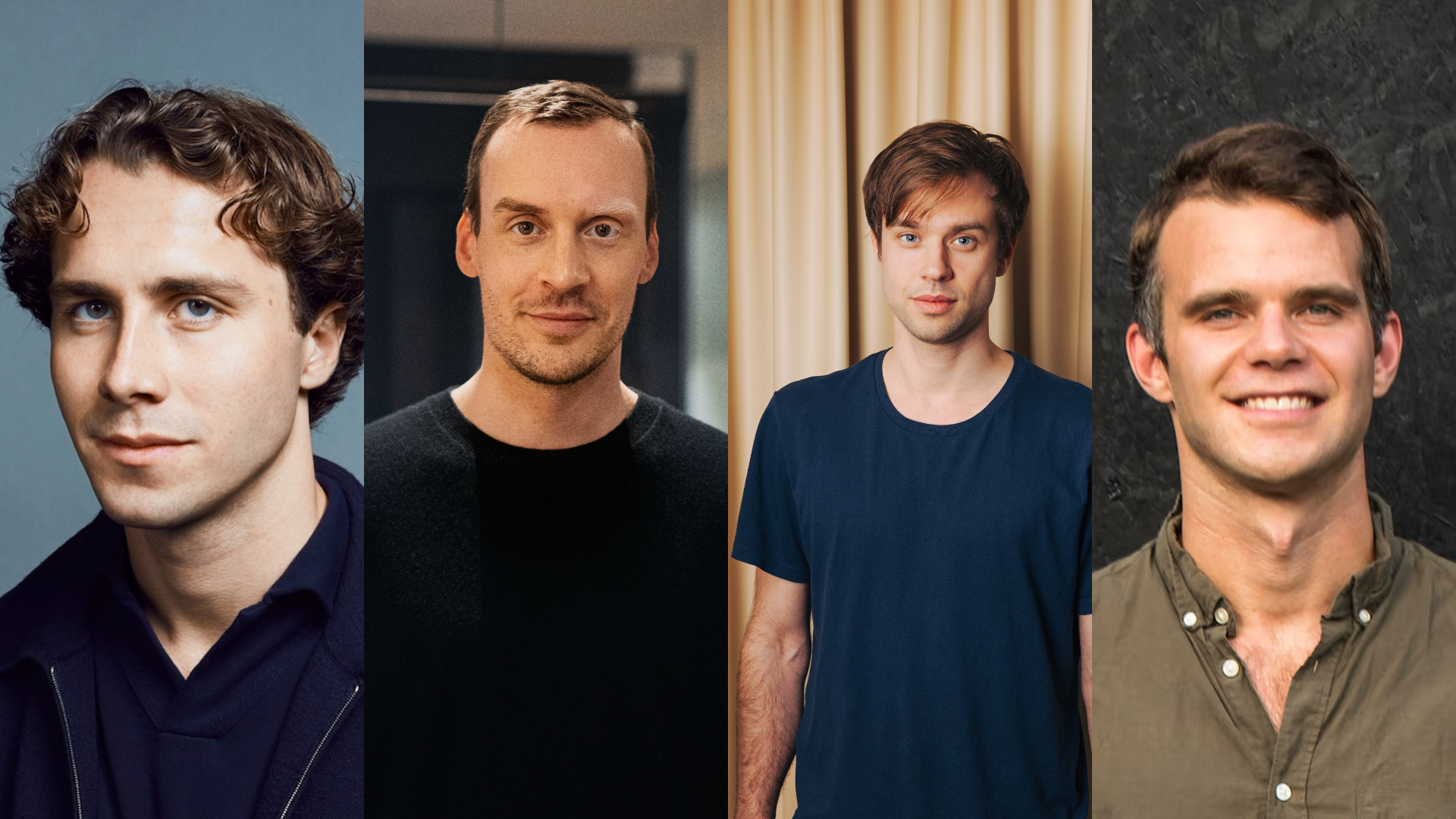Morgan Stanley has announced the startups that make up the 10th cohort of its Inclusive Ventures Lab, a five-month accelerator programme that helps global technology and tech-enabled startups grow through access to resources, investment and mentorship and promotes financial inclusion.
Let’s meet eleven of this cohort’s founders based in EMEA.
1/ Jenny Wordsworth, founder of OVUM

Wordsworth founded the UK-based startup OVUM in 2020 after turning to fertility doctor friends for support with conceiving. According to the UK’s National Health Service (NHS), around one in seven couples have difficulty conceiving.
“We felt women were being taken advantage of at their most vulnerable time and we felt the marketing tactics and scientific unreliability of current offerings meant a lack of trusted fertility care,” says Wordsworth. “So, with a dearth of innovation in the sector, it was time for disruption.”
OVUM provides educational resources, products and services for improving fertility outcomes. The company is also led by its chief medical officer, Dr. Phoebe Howells, a fertility doctor and OBGYN at King's College Hospital in London. Its products are designed with medical advisors and a team of over 200 women who are actively trying to conceive, including a patented preconception supplement designed to improve egg quality and the first fully recyclable pregnancy test.
“Our aim for the next few years is to become a trusted household name for those trying to conceive and continue to offer best-in-class physical products and, by building on the trust and credibility we have in the space, expand our offering into fertility treatment services,” says Wordsworth.
2/ Amber Hill, founder and CEO at Research Grid
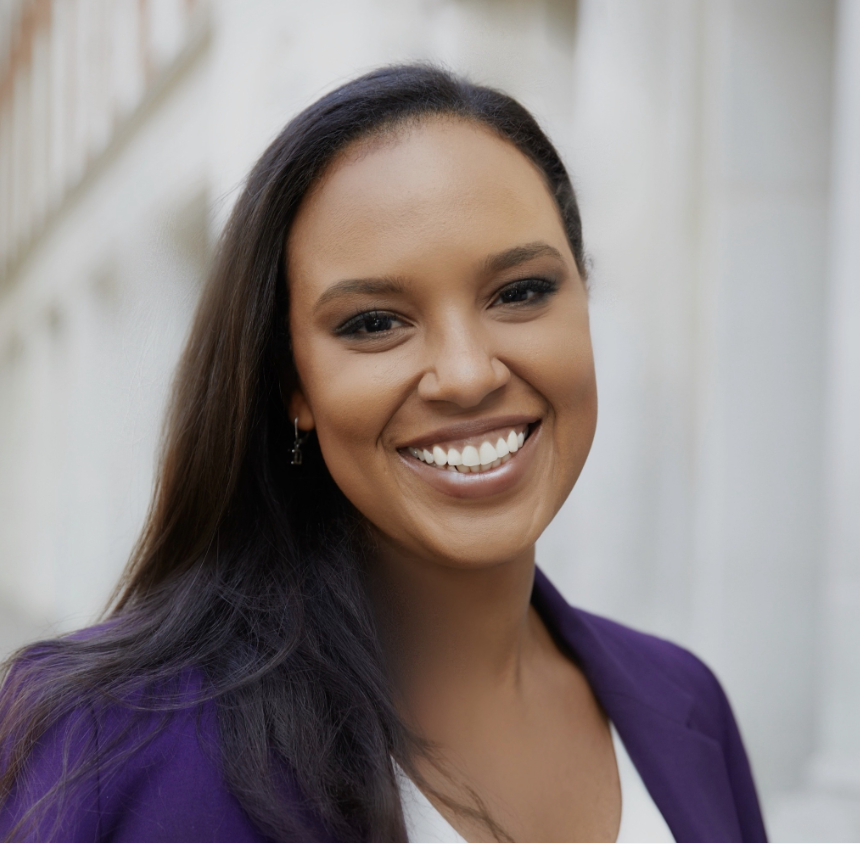
UK-based Research Grid is an automation engine for admin-free clinical trials.
Drug development spending is at an all-time high right now. In 2023, Deloitte estimated the average cost of developing a new medicine among the top 20 global biopharma companies rose by 15% from the previous year — by $298m to $2.3bn. Challenges with clinical trials — a critical piece of the process which proves new therapy is safe and effective — are only adding to these rising prices.
Amber Hill, Research Grid’s founder and CEO, says AI is pivotal in overcoming the biggest obstacle to efficiency in clinical trials today: outdated, manual administrative processes.
“Far too many trials fail because of delays, errors or weak patient engagement caused by legacy software and manual processes,” she says.
“Research Grid engineers smart software that safely automates back office admin across the full trial life cycle, including comprehensive solutions for patient and community engagement and clinical trial management that support a variety of trial types and therapeutic areas.”
3/ Lyndsay Mason, founder and CEO of For The Creators
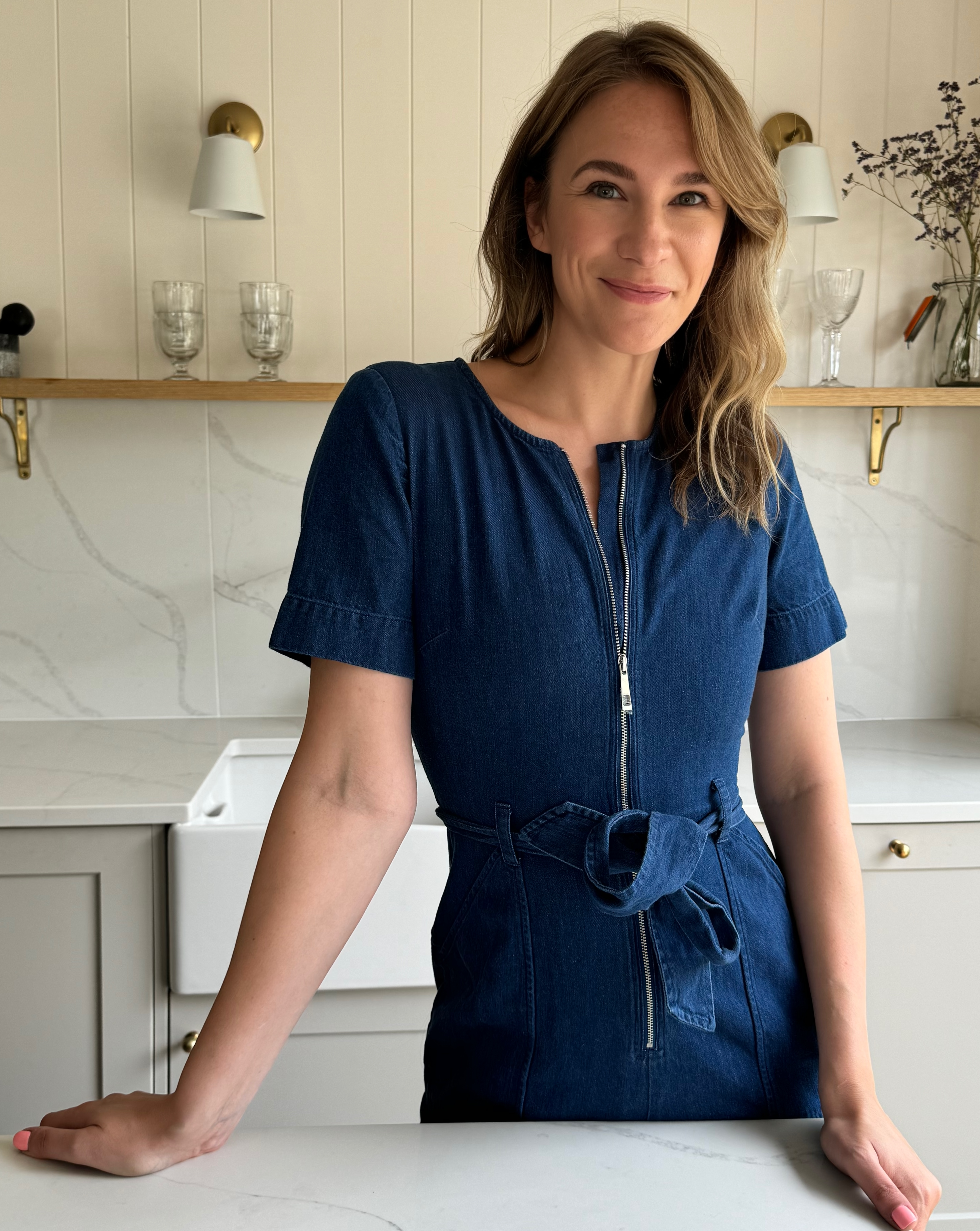
For The Creators (FTC) is an omni-channel circular fashion marketplace based in the UK where women can rent and buy high-quality clothing for each stage of motherhood.
Maternity wear is big business. According to market research, the global maternity wear market is projected to grow from $14.4m in 2022 to $24.6m by the end of 2031. But often pieces are purchased to wear for a short period in a person’s life.
“I was a first-time mum on maternity leave who was simply frustrated and shocked at the lack of maternity ranges that made me still feel like me,” says Lyndsay Mason, For The Creators’ founder and CEO.
“Instead of having to invest in expensive maternity pieces or resorting to buying poor quality fast-fashion essentials, I wanted to create a marketplace that offered cool, high-quality outfits from well-loved brands that also encouraged conscious consumption and responsible retailing,” she adds.
The marketplace offers customers a monthly plan where members can browse from thousands of styles or one-time rentals from curated edits for four to 10 days with no membership necessary.
4/ Hanin Alsubaie, founder and CEO of Darent

Recognising the growing demand for unique and personalised travel experiences, Hanin Alsubaie founded Darent, a vacation rental marketplace platform in Saudi Arabia.
When surveyed in 2022 by Statista Research Department, over 80% of global travellers said that sustainable tourism was important to them.
“Darent's key mission is to provide exceptional and personalised vacation rental experiences that prioritise sustainability and local engagement,” Alsubaie tells Sifted. “We aim to support local communities by connecting travellers with authentic accommodations while ensuring that our suppliers are unique.
“In the next few years, Darent aims to expand our portfolio by partnering with more properties and enhancing our technology to improve the guest experience and cover the full cycle in operation,” she adds.
5/ Peter Monteza, CEO and cofounder of MyARC

Peter Monteza cofounded MyARC, a platform that enables fitness creators to train their fans at scale. Despite having huge social media followings, Monteza says fitness creators can only train up to 30 clients at a time because they have to manually customise each training plan — and this makes 1:1 online coaching expensive.
MyARC aims to solve this trade-off between personalisation and affordability by customising workouts to each fan’s ability, meaning online fitness becomes scalable for creators and affordable for consumers.
“I used to be obese, struggling with both my physical and mental health,” says Monteza. “I tried everything but fitness solutions were either personalised but very expensive, or affordable but generic and ineffective.
“We aim to become the go-to platform for fitness creators to launch and scale their businesses, while millions of fans access affordable, personalised training experiences,” says Monteza.
6/ Abbie Morris, CEO and cofounder at Compare Ethics
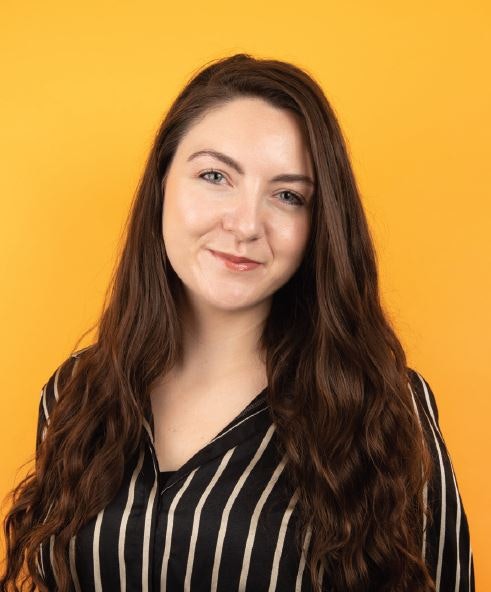
After over a decade working in sustainability and policy, Abbie Morris saw a gap in how businesses were motivated to drive the green transition and says incentives weren’t aligned in a way that would make sustainability a priority for them.
So she founded Compare Ethics in the UK, an AI-powered sustainability compliance platform, to prove that businesses can actually gain a competitive edge by investing in sustainability.
“Our AI platform taps into a company’s supply chain data and evaluates it against sustainability compliance requirements, starting with green claims compliance with consumer protection laws — this ensures businesses aren’t unknowingly greenwashing,” says Morris.
“We assess between five to 15 data points per product, helping companies like Reiss [a clothing brand] to identify gaps, fill them and share their verified data with customers and regulators. It’s about making sustainability claims transparent and compliant.”
7/ Natalia Tomiyama, CEO and cofounder of NÜWIEL
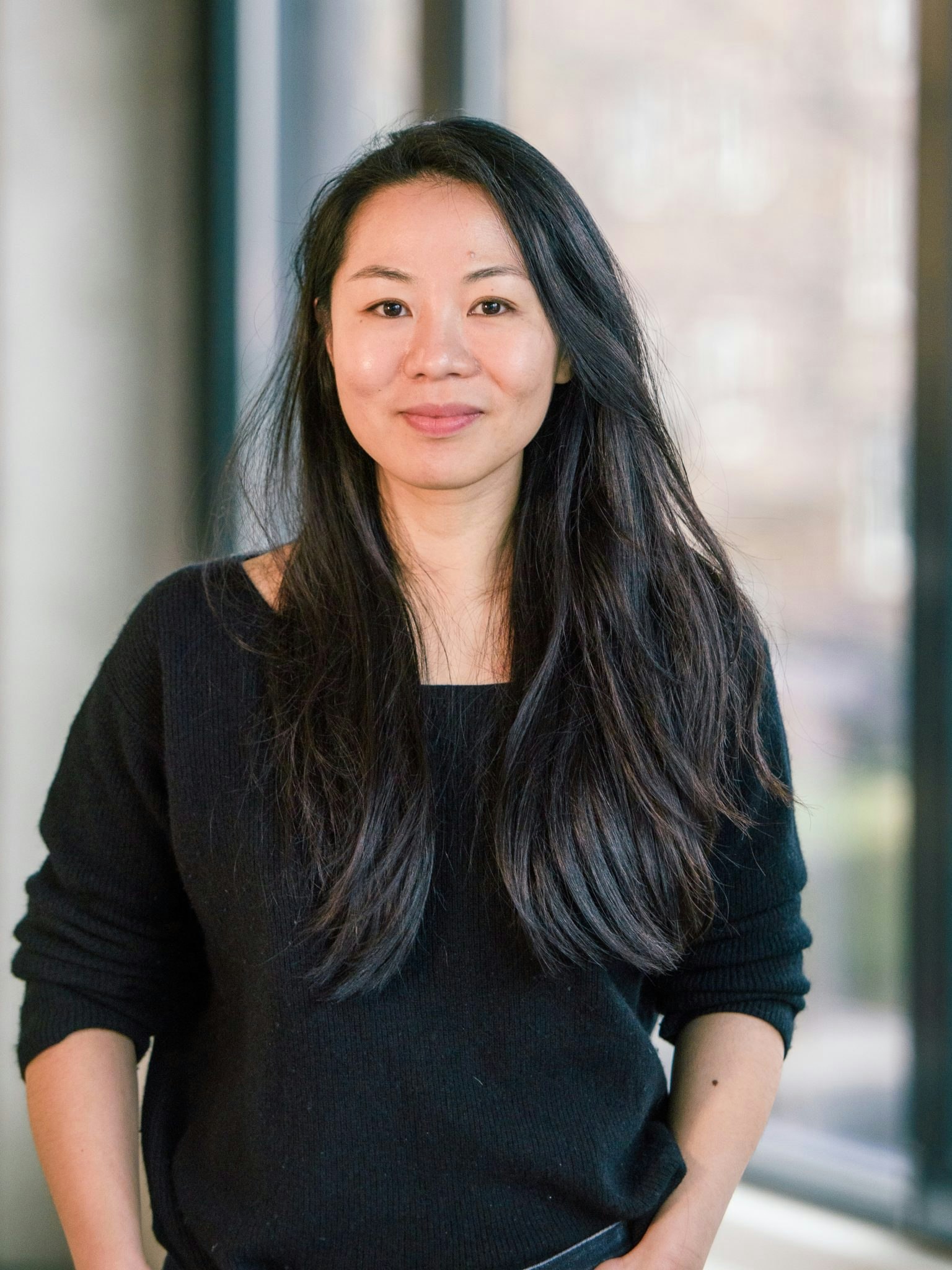
Germany-based NÜWIEL provides electric mobility solutions for cities — most notably, what it calls the world’s first eTrailer.
“NÜWIEL was launched to fill the gap between the everyday need to move heavy and bulky goods from A to B, urbanisation trends and environmental awareness,” says Natalia Tomiyama, the company’s CEO and cofounder. “NÜWIEL eTrailer has been specifically developed for the use in densely populated cities by diverse groups of people in multiple urban scenarios.”
Its globally patented sensor technology enables the eTrailer to automatically accelerate and brake with a bike within a millisecond precision so the rider feels zero weight while moving up to 200kg.
“We are expanding our B2B business in last mile logistics in Europe and planning to offer a solution for B2B2C and B2C markets, making the eTrailer accessible and affordable for private consumers,” says Tomiyama.
8/ Farah Kabir, cofounder at HANX

Farah Kabir cofounded HANX, a consumer platform bringing together medically designed women’s reproductive health products, prescription treatments and community-focused content, after noticing there was a lack of sustainable, women-friendly options.
“At the time, [cofounder] Sarah was working in sexual health clinics and seeing patients with a variety of health issues caused by harsh chemicals on standard feminine care products,” says Kabir. “Together, we realised what a huge opportunity there was to revolutionise these products and broaden women’s wellness.”
Based in the UK, HANX started with a basic sexual wellness product line. It then expanded to include natural, nutritionist-approved supplements to support the pregnancy to postpartum journey, and menopausal symptoms among others.
“We have big plans to build a whole range of products that are there for women all the way from their first time through to their first child, to the menopause and everything in-between,” says Kabir.
9/ Emilie Faure, CEO and founder at Juniver
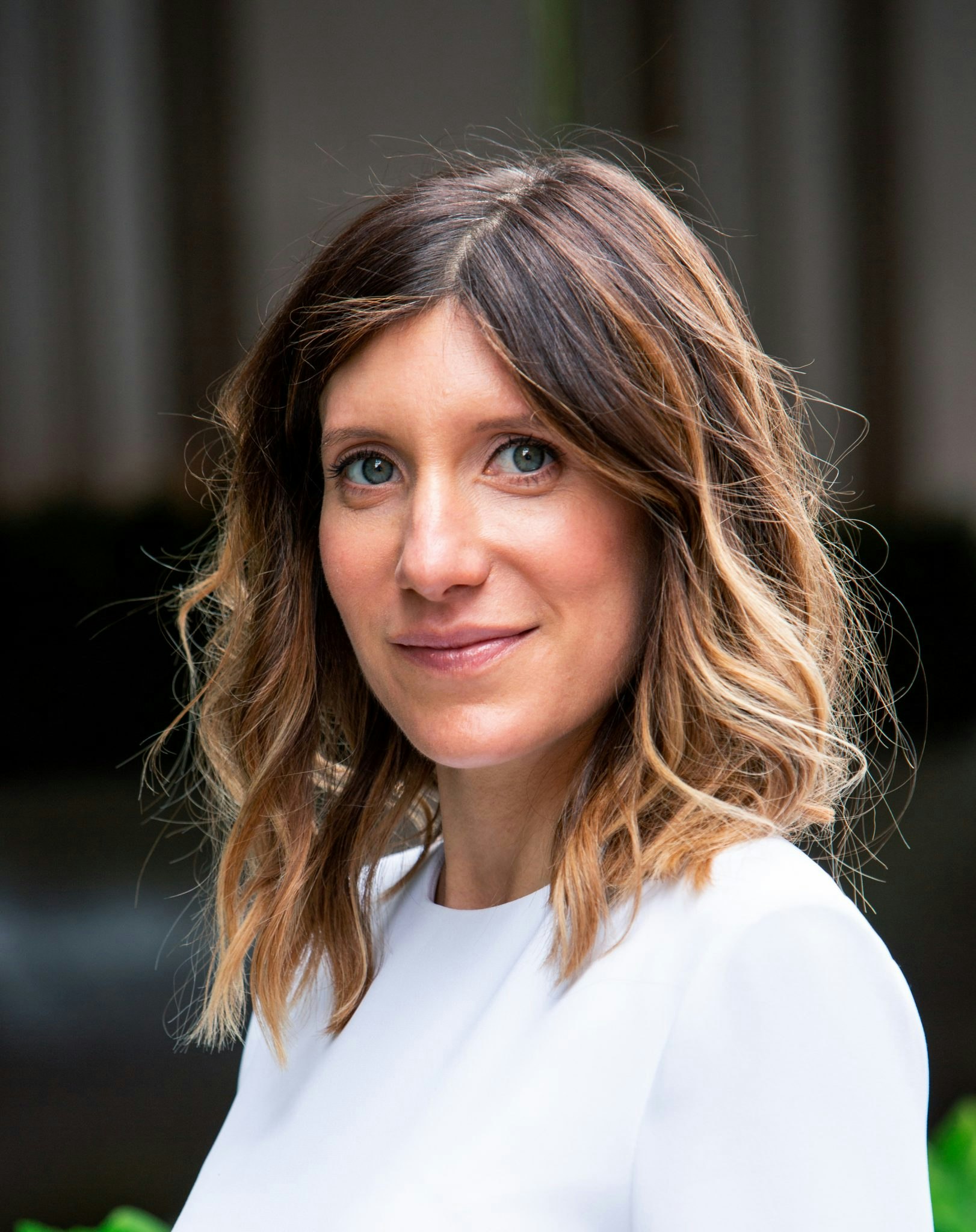
Juniver is a health company leveraging AI technology to provide personalised digital interventions for lasting eating-disorder recovery.
Emilie Faure, Juniver’s CEO and founder, says the company is on a mission to radically improve access and efficacy in eating disorder treatment by delivering immediate, personalised support 24/7 on your phone.
“Eating disorders are a compulsive condition and manifest through urges,” says Faure. “These are the strongest predictor of symptoms, and they typically occur outside of clinical settings. We’ve designed a product that can flex to symptoms anytime, anywhere.”
Juniver is powered by AI models trained to deliver the same advice an eating disorder specialist would give in that context. Faure says the advice is personalised to a user’s unique needs and what works best for the individual.
“It’s been particularly meaningful to see our members, many of whom spent years in cycles of disordered eating and come to us disillusioned, envisage and start to write a different future for themselves,” says Faure.
10/ Felix Manford, CEO at Tendo
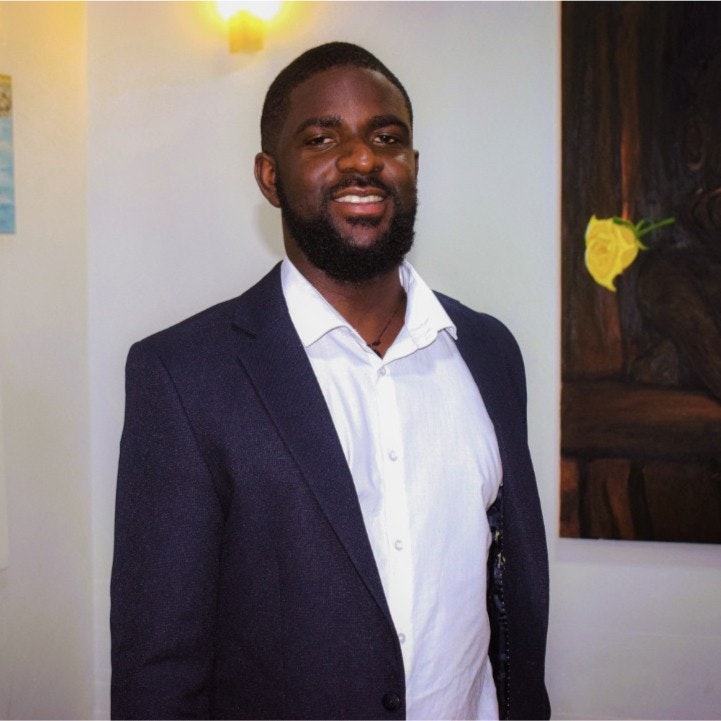
Tendo addresses the challenges faced by aspiring online retail entrepreneurs in Africa by connecting independent resellers to suppliers.
“We founded Tendo to address the barriers that many potential entrepreneurs face: the need for startup capital and access to a reliable supply chain,” Felix Manford, Tendo’s CEO, tells Sifted.
“Our platform connects resellers directly with suppliers and handles logistics, removing the financial burden and operational complexities. This enables even those with minimal resources to start and grow their businesses.”
Based in Ghana, Tendo generates imagery, detailed descriptions and a personalised storefront for users, along with a convenient payment link for the resellers. Once a reseller secures a sale, Tendo handles the product delivery directly to the customer from the supplier.
“Our mission over the next five years is to create one million entrepreneurs in Africa,” says Manford.
11/ Zuhair Shamma, cofounder at Zest Equity
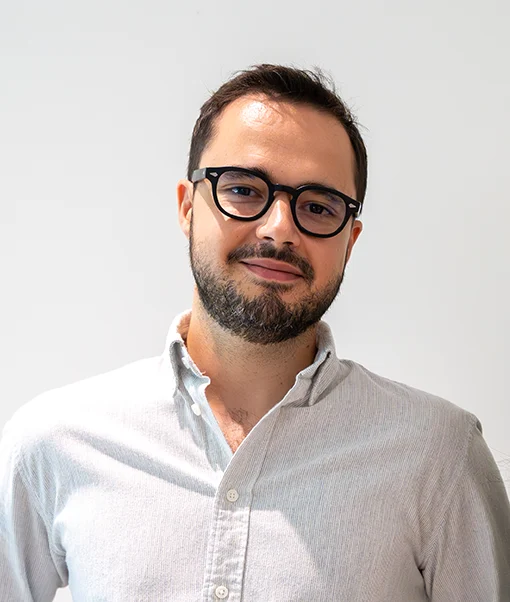
Based out of the UAE, Zest Equity digitises private market transactions, building tools to streamline and ensure greater transparency in how entrepreneurs, funds and investors transact.
“We launched Zest Equity to address the fragmented and often inefficient nature of private market transactions,” says Zuhair Shamma, the company’s cofounder. “Traditional processes are manual, opaque and expensive — Zest is embedding automation, transparency and credibility into the process.”
Clients can use Zest Equity’s tools to digitise their own transaction processes, enabling them to automate onboarding, communicate and manage their investors digitally.
“In the coming years, Zest Equity will continue scaling and expanding into new markets,” adds Shamma. “We’ll unlock new product lines to enhance the infrastructure layer, ultimately positioning ourselves as the go-to platform for all private market transactions.”


